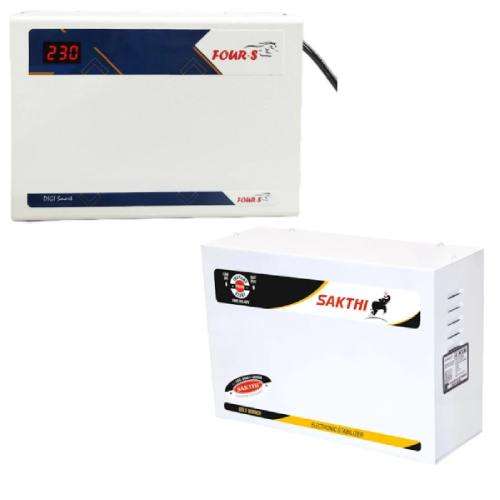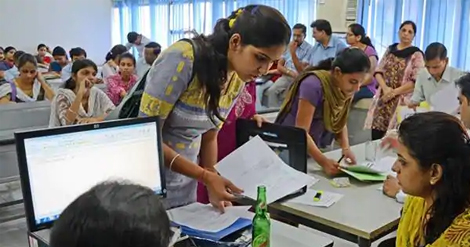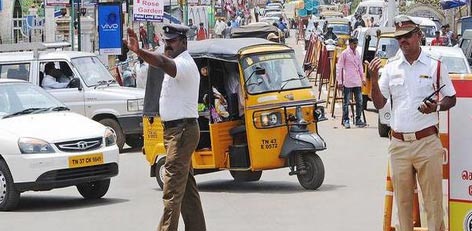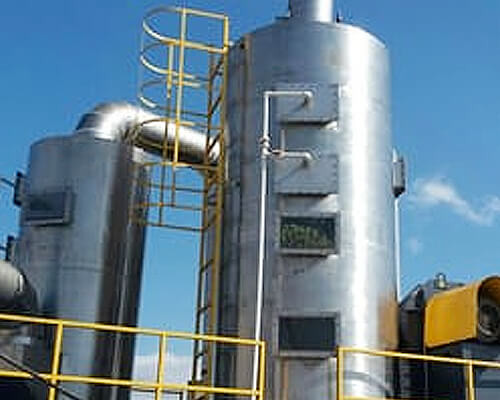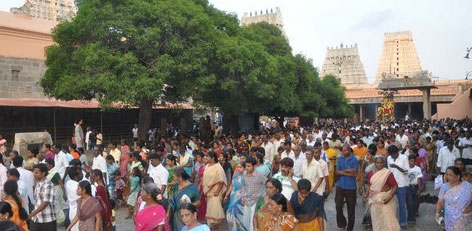No. of views : (1600)
In 2019-20, 50,000 engineering seats would not be there
Posted on: 25/Mar/2019 9:49:57 AM
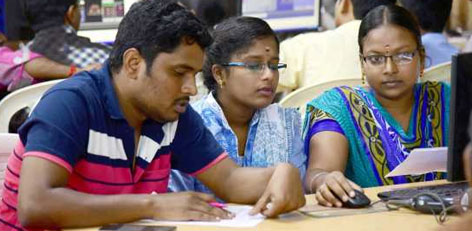
On Sunday, 24th March 2019, Anna University or AU in Chennai was buzzing with activities. The reason for that was due to release of a book titled Modern Scientific Thought�. The news is according to the All India Council of Technical Education or AICTE chairman, Mr. Anil. Sahasrabudhe, the number of B.E/ B. Tech seats in the engineering colleges in India might fall by 40,000 to 50,000. This might happen from the next academic year 2019-20.
Earlier the total number of engineering seats that was available was 16.5 lakhs but now the total number has gone down to 14.5 lakhs is known. As per Mr. Anil Sahasrabudhe only 8 to 9 lakhs students are admitted now in the engineering colleges. He explained about these facts on the sidelines of the book release in AU.
It must be noted that from this year the Council would enumerate the number of seats available in the deemed universities also. For a lay person the reduction in the number of seats might not be visible was also pointed out. Only after 30th of April 2019 deadline, a clear picture regarding the number of colleges that could stop admitting the students would emerge. The point is the deadline was set for the institutions to inform about the intake of students.
The book named �Modern Scientific Thought� was written by the former professor named P.C. Chandrasekaran of AU and Anna University vice-chancellor Mr. M.K. Surappa received the first copy of the book. The vice-chancellor of AU was unhappy and he regretted for the fact that the universities that must be a place for debate and discussions of disruptive ideas have now become institutions that were forced to embrace all the regulations. The main point is the universities have shifted from knowledge providers to skill centers.
As per Mr. Anil Sahasrabudhe, the Council was committed to expose students to interdisciplinary research. He explained about how the curriculum must be exciting enough and make the students to learn. Finally Mr. Anil Sahasrabudhe hinted that the Councils induction programme that was introduced last year had influenced the teacher�s understanding of the issues of the students.


